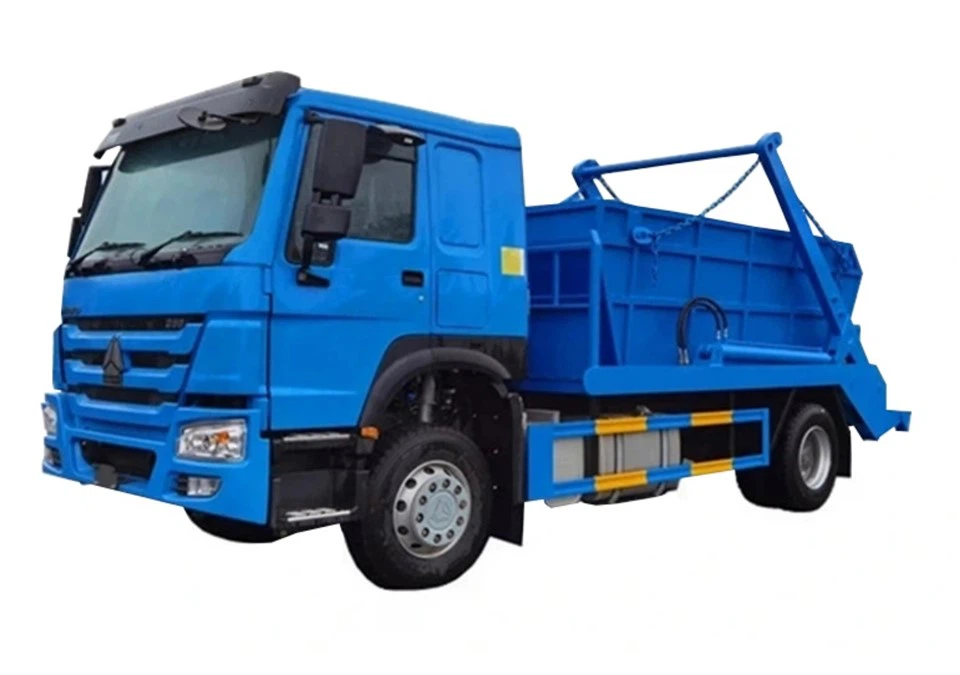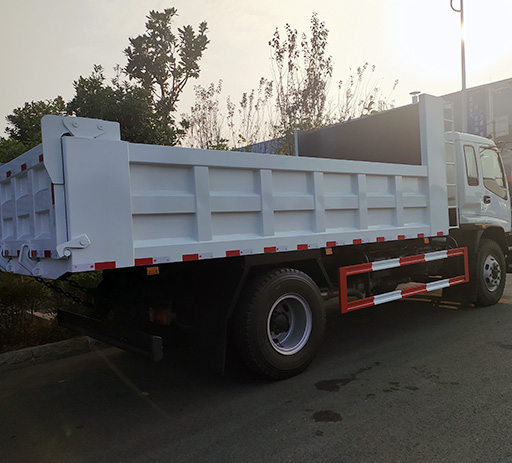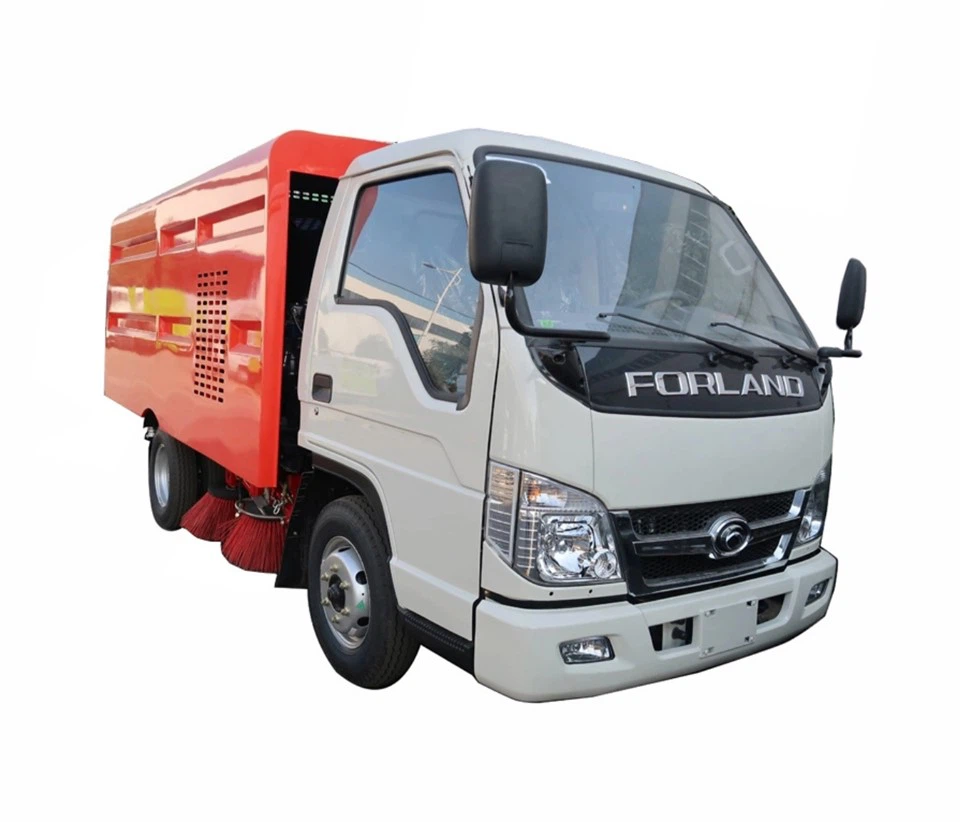Sewer Jet Truck: The Ultimate Guide to Drain Cleaning Solutions

Introduction
In urban and suburban environments, efficient sewage management is crucial for public health and environmental protection. A vital tool in this process is the sewer jet truck, an advanced vehicle designed for high-powered cleaning of sewer lines, drains, and culverts. This article explores everything you need to know about sewer jet trucks, including their design, operation, benefits, and applications. Whether you’re a homeowner, a facility manager, or an industry professional, understanding how sewer jet trucks work will help you make informed decisions about sewage maintenance and management.
What is a Sewer Jet Truck?
A sewer jet truck, also known as a jetting truck, is a specialized vehicle equipped with high-pressure water jetting technology. This technology enables the truck to clear blockages in sewer systems effectively. The truck typically consists of a water storage tank, a high-pressure pump, and multiple nozzles that deliver powerful jets of water to remove dirt, grease, and debris from pipes.
Key Components of a Sewer Jet Truck
The primary components of a sewer jet truck include:
- Water Tank: A large storage tank that holds fresh water, usually ranging from 500 to 3,000 gallons.
- High-Pressure Pump: A pump that increases the water pressure, allowing it to effectively cut through blockages.
- Jetting Hose: A flexible hose that delivers the pressurized water to the targeted area. The length can vary, usually between 100 to 500 feet.
- Nozzles: Various types of nozzles are used, each designed for specific cleaning tasks.
- Vacuum System: Some sewer jet trucks also feature a vacuum mechanism to remove sludge and debris once it is dislodged.
How Do Sewer Jet Trucks Work?
Sewer jet trucks operate on the principle of high-pressure water jetting. The process typically involves the following steps:
1. Preparation
The operator inspects the sewer line and identifies the area that requires cleaning. They may use cameras and other diagnostic tools to assess blockages.
2. Set Up
The truck is positioned next to the access point (manholes or cleanouts), and the jetting hose is connected to the pump.

3. Jetting
The high-pressure pump is activated, and water is forced through the hose to the nozzle. Depending on the blockage’s nature, different nozzles may be used:
- Rotating Nozzle: Ideal for breaking up solid clogs.
- Fixed Nozzle: Suitable for cleaning surfaces and removing debris.
4. Vacuuming (Optional)
If the truck is equipped with a vacuum system, the debris and water are sucked back into the truck’s holding tank for proper disposal.
Benefits of Using Sewer Jet Trucks
Sewer jet trucks offer numerous advantages in maintaining and cleaning sewer systems:
1. Effective Blockage Removal
High-pressure water jets can easily dislodge stubborn clogs caused by grease, roots, and debris, ensuring a clear sewer line.
2. Preventive Maintenance
Regular use of sewer jet trucks helps prevent severe blockages and costly repairs down the line, extending the lifespan of the sewage system.
3. Environmentally Friendly
Using water jets reduces the need for harsh chemicals, making this method a safer option for the environment.
4. Versatility
Sewer jet trucks can be used in a variety of settings, including residential, commercial, and industrial applications, making them a versatile tool for sewer maintenance.
Applications of Sewer Jet Trucks
1. Municipal Wastewater Management
Cities and towns often use sewer jet trucks for routine maintenance of public sewer systems, ensuring they remain functional and free from blockages.
2. Industrial Cleaning
Industries that generate large amounts of waste, such as food processing and manufacturing, utilize sewer jet trucks to maintain their drainage systems.
3. Residential Services
Homeowners can also benefit from sewer jet trucks, particularly in cases where tree roots or grease buildup causes backups in residential plumbing systems.
4. Emergency Services
In cases of severe blockages or sewage overflows, sewer jet trucks provide rapid response cleaning services to mitigate damage and health hazards.
Choosing the Right Sewer Jet Truck
When selecting a sewer jet truck for your needs, consider the following factors:
1. Size and Capacity
Evaluate the size of the truck based on the volume of water needed and the diameter of the pipes you will service.
2. Pressure Rating
Check the pump’s pressure rating; higher ratings are typically more effective in clearing tougher blockages.
3. Hose Length
Consider the length of the jetting hose to ensure it can reach all necessary areas of the sewer line.
4. Versatility
Look for trucks that offer interchangeable nozzles for various cleaning tasks.
Practical Tips for Operating a Sewer Jet Truck
1. Safety First
Always wear appropriate personal protective equipment (PPE), including gloves, goggles, and boots, during operation.

2. Follow Manufacturer Instructions
Read and understand the operation manual for the truck and equipment before use.
3. Regular Maintenance
Maintain the truck and its components to prevent breakdowns during operation, including regular checks of hoses, pumps, and nozzles.
4. Use Video Inspection
Employ video inspection tools to assess the condition of pipes before jetting, making the process more efficient and targeted.
Cost Considerations for Sewer Jet Truck Services
1. Service Fees
Costs for hiring sewer jet truck services can vary widely based on location, the service provider, and the complexity of the job. On average, pricing can range from $150 to $500 per hour.

2. Additional Costs
Consider potential additional costs, such as disposal fees for waste removed from the sewer system or travel fees.
3. Regular Maintenance
Investing in routine maintenance with a sewer jet truck can save you money over time by preventing significant plumbing problems.
FAQ Section
1. How often should sewer jetting be performed?
Municipal sewer lines should be jetted at least once a year. However, homeowners may require more frequent services if they experience recurring blockages.
2. Can I use a sewer jet truck for residential drain cleaning?
Yes, sewer jet trucks can be used for residential services, especially for tough clogs not cleared by traditional methods.
3. What types of blockages can sewer jet trucks handle?
Sewer jet trucks can handle a variety of blockages, including grease buildup, tree root intrusion, and debris accumulation.
4. Are there any environmental concerns with using sewer jet trucks?
Sewer jetting is considered environmentally friendly since it primarily uses water without the need for harsh chemicals.
5. What should I do if my sewer line keeps clogging?
If you frequently experience clogs, consider scheduling professional inspections and regular sewer jetting to maintain your sewer line.
6. How does sewer jetting compare to traditional snaking methods?
Sewer jetting is generally more effective than traditional snaking methods because it can clear a wider range of blockages and clean the pipe walls, preventing future issues.
